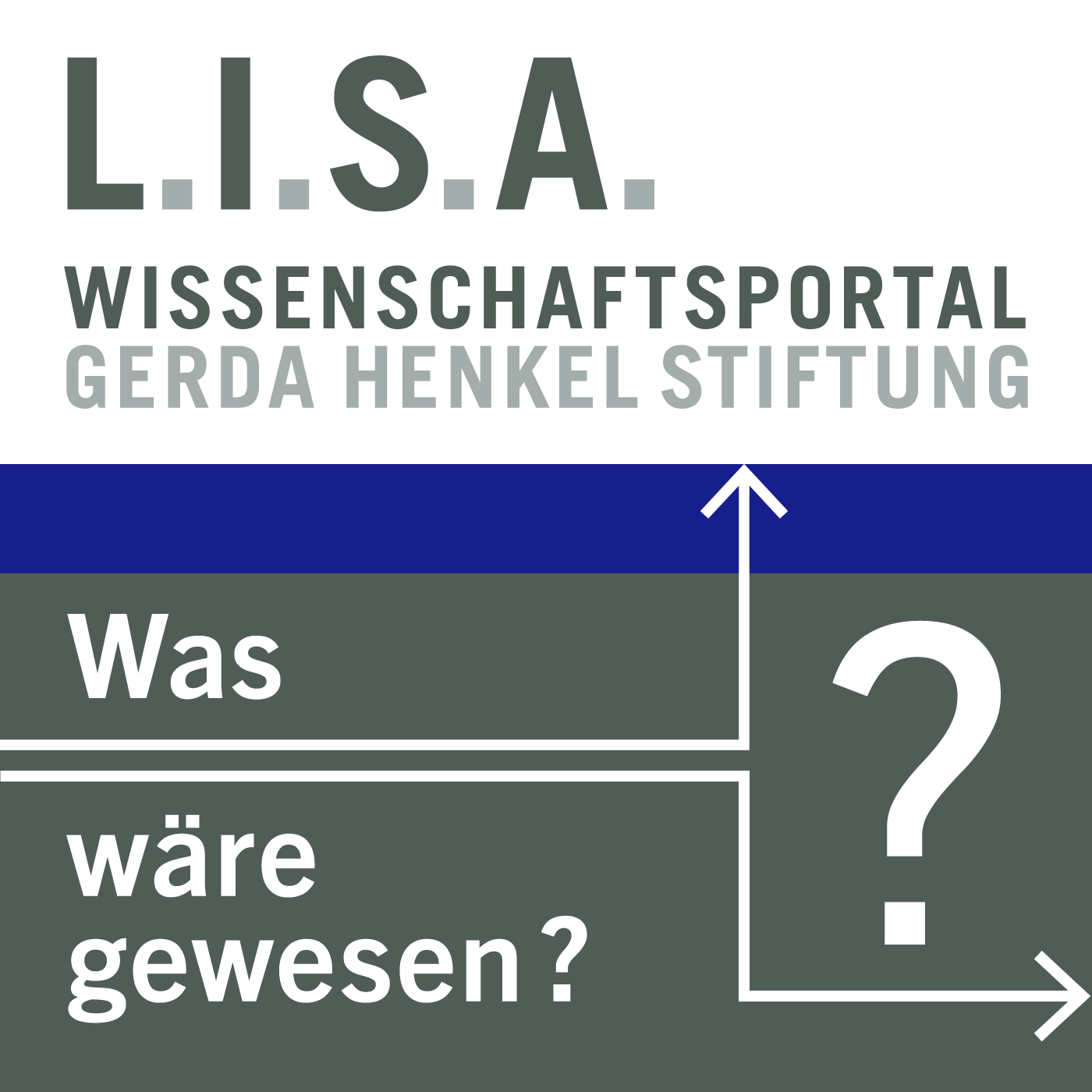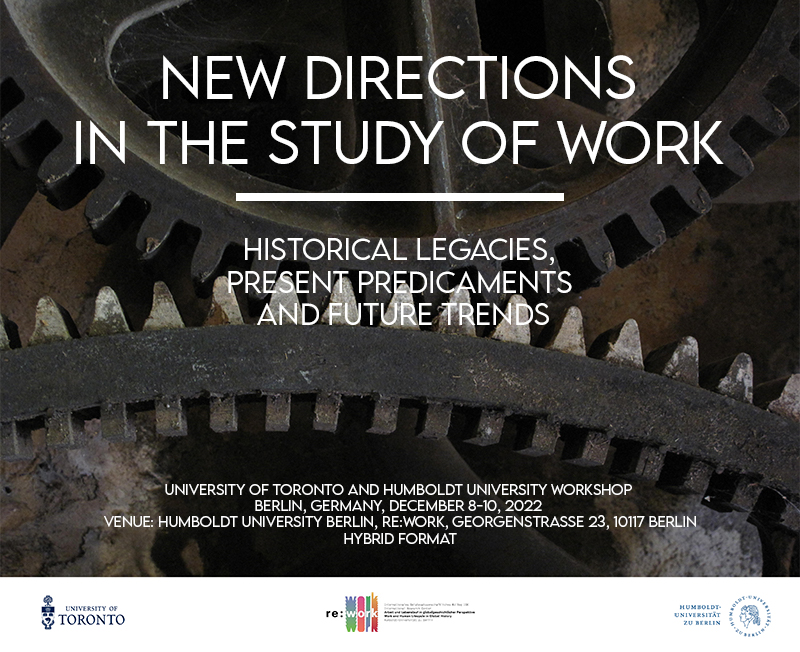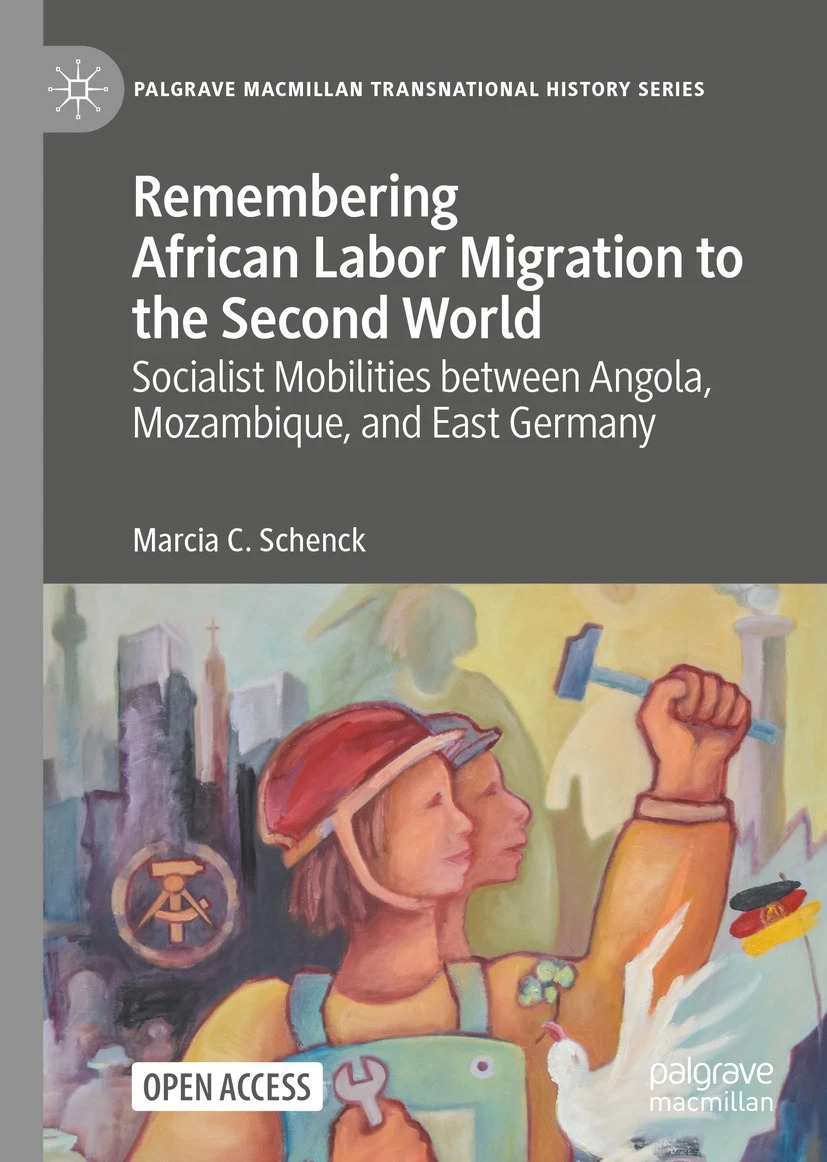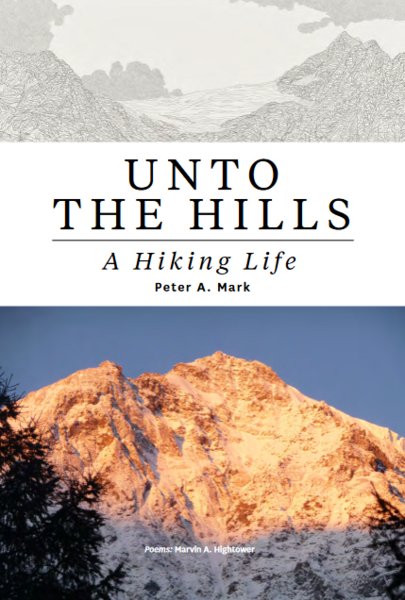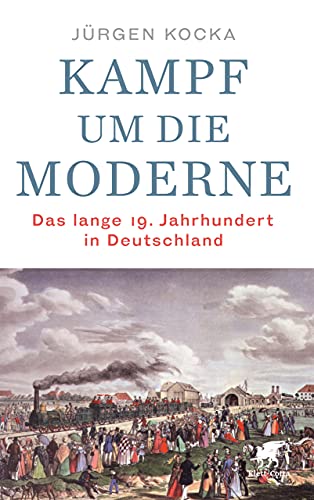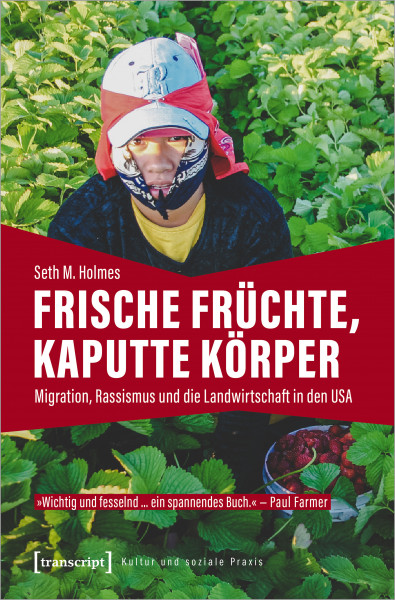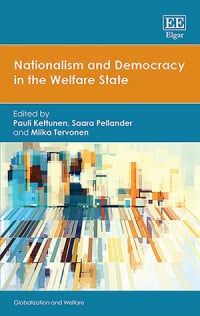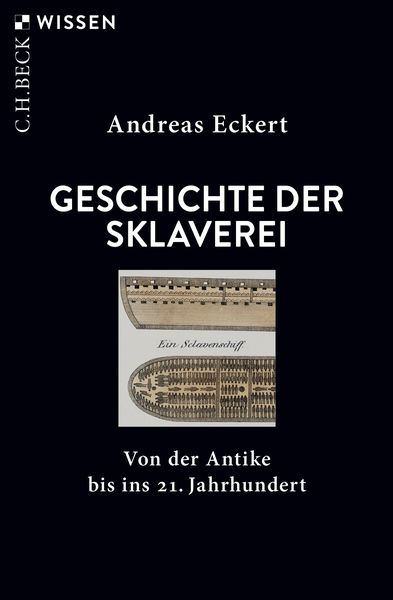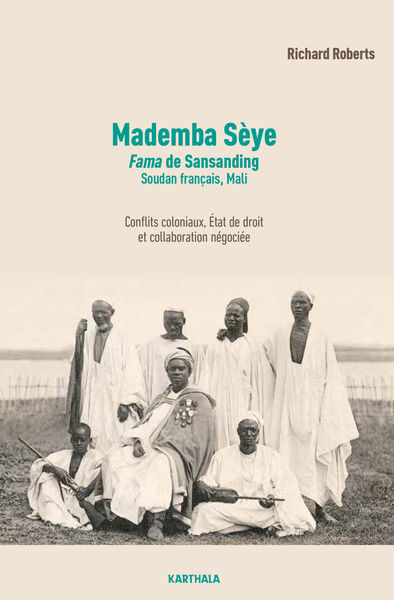Welcome!
Each year re:work invites 10—15 researchers from different academic disciplines and nationalities and offers them a forum for the discussion of central questions and thereby promotes exchange between established and young academics. re:work organises workshops, international conferences and summer schools and fellows are given the opportunity to discuss their research with various institutions in Berlin.
re:visiting Fellows 2019 - 2021
On our own account

After twelve years and 149 incredibly great people that we could welcome as our fellows, re:work's fellowship program has ended in July 2021. The work continues but the framework is new.
If you are looking for a home for your academic work (for instance within the scope of a scholarship) though, please contact us.
From now on we are not able to accept applications for a fellowship anymore.
In the future, the re:work website will provide information about publications and activities of the former fellows, and researchers associated with the centre.
Josef Ehmer (1948 – 2023)
With immense sadness we learned about the death of Josef (Sepp) Ehmer. Sepp was re:work fellow in 2010/11 and since 2011 one of our associate fellows. Sepp was not only an excellent social and economic historian whose insights deeply shaped the intellectual agenda of re:work; he also was a close friend to many of us. We are still in disbelief that we will never enjoy again his friendly and warm presence.
"Josef Ehmer combined personal experiences, reflections and seemingly endless historical and methodological knowledge in a way that was unique for us. Many of us will continue to talk with Josef/Sepp in our thoughts. What would he have thought or said about this?"
The obituary of his home institution, the University of Vienna, can be found here.
Was wäre gewesen? Mandela stirbt auf Robben Island
The Counterfactual History Podcast with Andreas Eckert
Nelson Mandela has not only been the icon of his country South Africa, but for many people the embodiment of the struggle against racism and colonialism worldwide. He was not that from the beginning. He only became that during his 27 years in prison on Robben Island. But what would have happened if Nelson Mandela had died in prison? Would he have been long forgotten today or rather become a national martyr? With what consequences for the recent history of South Africa? These and similar questions are explored in the podcast of L.I.S.A., the science portal of the Gerda Henkel Foundation with Andreas Eckert.
You can listen to it here.
[In German]
re:work lecture
Workshop
New Directions in the Study of Work: Historical Legacies, Present Predicaments and Future Trends
University of Toronto and Humboldt-Universität zu Berlin Workshop
Date: December, 8th-10th, 2022
Place: re:work
Please find more information here.
Remembering African Labor Migration to the Second World
by Marcia C. Schenck
Recently, the book "Remembering African Labor Migration to the Second World: Socialist Mobilities between Angola, Mozambique, and East Germany" by Marcia C. Schenck was published in the Palgrave Macmillan Transnational History Series (PMSTH). The book is based on testemonies of former Angolan and Mozambican labor migrants in East Germany and examines the impact of state-sponsored migration. It traces transnational labor migration patterns from the migrants' perspectives.
Marcia C. Schenck was Guest of the Director in 2017/18.
The book is available for free download.
Habilitation Award for Caroline Rothauge
Our former Fellow Caroline Rothauge is this year's recipient of the Eichstätter Universitätsgesellschaft's prize for the best habilitation. In her habilitation thesis, she conducted a source-centered investigation of "Zeiten in Deutschland 1879 - 1919. Konzepte, Kodizes, Konflikte" (title). In doing so, she contributes to the so-called temporal turn, as she understands 'time' as a symbolic product of negotiation processes that change according to the respective current context and can thus be historicized.
A short statement by Caroline Rothauge about her research can be viewed here (German).
Unto the Hills
by Peter A. Mark
The latest publication by our former Fellow Peter A. Mark is a collection of some 40 essays covering a wide range of topics, from philosophical and religious reflections to grappling with the realities of aging, to the current pandemic and the accelerating effects of global warming on the mountains. The essays are accompanied by the poetry of contemporary poet Marvin Hightower.
The book is available for free as a PDF.
"The Unstable Object II" wins two Prizes at 33rd FID Marseille
The film "The Unstable Object II" wins both the Grand Prix Of The International Competition and the Georges De Beauregard International Prize at the Marseille International Film Festival.
Our heartfelt congratulations to our former Fellow Daniel Eisenberg.
His film presents three places: 1. A workshop in Germany where we follow the making of a prosthetic hand. 2. a traditional glove-making workshop in Millau, southern France. 3. a jeans factory in Istanbul, illustrating large-scale industrial production. A sequence of three workplaces, but with a common point of view and a common theme: the relationship between the hand and the machine, the work and the material, all patiently and closely observed.
Daniel Eisenberg meticulously scrutinizes these interactions and gestures, paying close attention to the individual actions and the time taken for each operation, from the starting point to the finished forms.
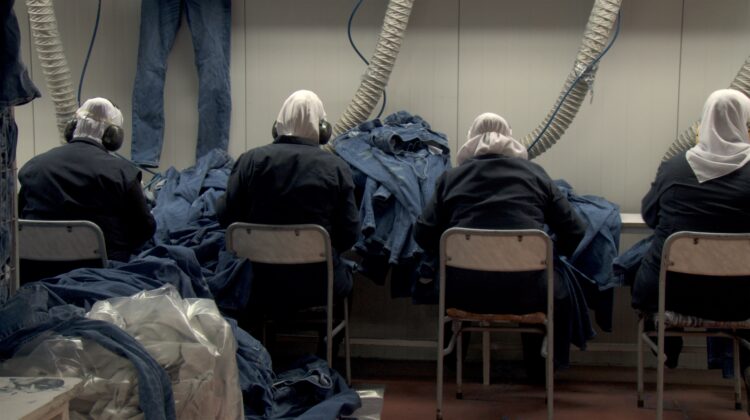
Daniel Eisenberg was Guest of the Director in 2016/17 and re:visiting fellow at the centre.
Die Welt - ranking best nonfiction: Jürgen Kocka - Kampf um die Moderne
Recently, "Kampf um die Moderne. The Long 19th Century in Germany" Jürgen Kocka's new book, was published by Klett-Cotta-Verlag. It is dedicated to the "birth of classical modernity" in the long 19th century between industrialization, capitalism, nationalism, class conflicts and deep gender inequality.
The daily newspaper Die Welt has now ranked the book number 1 among the most important non-fiction books in February.
The "long 19th century" lasted from the late 18th century, that is, from the French Revolution and the age of Goethe, to World War I in 1917. The 19th century, whose glories and shadows extend into the 21st century, ended abruptly, but its image is undergoing a fundamental transformation, as the brilliant historical essay by Jürgen Kocka, one of the best experts on this age, impressively demonstrates.
Seth Holmes on Deutschlandfunk
Seth Holmes' Book „Fresh Fruit, Broken Bodies“ was recently published in a German translation by Jennifer Sophia Theodor by Transcript Verlag. Within its program "Andruck" - a magazine for political literature - the German radio station Deutschlandfunk dedicated an elaborated portrait to him and his writing.
You can listen to it and read it here. (In German)
This project investigates social hierarchies, health, health care and the naturalization and normalization of difference and inequality in the context of US-Mexico im/migration and transnational agro-food systems. The research was conducted in collaboration with indigenous Mexican immigrant communities and families.
Nationalism and Democracy in the Welfare State
by Miika Tervonen, Saara Pellander and Pauli Kettunen
Recently, the book "Nationalism and Democracy in the Welfare State. Globalization and Welfare series" by Miika Tervonen, Saara Pellander and Pauli Kettunen is published by Edgar Elgar. This multidisciplinary book unpacks and outlines the contested roles of nationalism and democracy in the formation and transformation of welfare-state institutions and ideologies. Pauli Kettunen was the Guest of the Director during the 2018/19 Fellow year, and large parts of his work were produced during his time at re:work.
Geschichte der Sklaverei
by Andreas Eckert
Even today approximately 40 million people live in «modern slavery». In his profund volume Andreas Eckert traces the dark history of an institution, that can be frequently be observed in different pecularities since the ancient world and in all parts of the world. At the same time he observes questions about the motifs of slavetraders and -holders, scopes for the enslaved and causes for the gradual transformation of slavery as an accepted evil to an outlawed abomination.
Reviews (Selection / German):
"Eckerts Einführungstext ist hervorragend strukturiert und mit einer klaren Sprache leicht zugänglich für ein breites Lesepublikum.“
"Eckerts Buch bietet eine komprimierte Darstellung auf knappem Raum und öffnet die Augen für erzwungene Abhängigkeitsverhältnisse bis in unsere Gegenwart.“
Mademba Sèye. Fama de Sansanding
by Richard Roberts
Roberts Book deals with Mademba Sèye - Mademba Sy, who with the aid of his French patrons, worked his way from a telegraphist up to the rank of an African king of the Sansanding states (in Bambara fama) on the shores of river Niger. In 1899, Fama Mademba, born in Saint-Louis, Senegal, was placed under house arrest in Kayes on charges of abuse of power, ritual murder, rape and extortion. Despite the seriousness of the accusation, he was exonerated and returned to his 'throne'. The Mademba case already reveals the negation of the principles of the rule of law in the face of the interests of the colonialism under construction.
Corona and Work Around the Globe (De Gruyter)
Edited by Andreas Eckert and Felicitas Hentschke
This book provides a global perspective on the transformations in the world of work caused by the COVID-19 pandemic. The collection of essays by former fellows of the research center from Africa, the Americas, Asia, and Europe will break down the general statistics and trends into glimpses of concrete experiences of workers during pandemic, of workplaces transformed or destroyed, of workers protesting against political measures, of professions particularly exposed to the coronavirus, and also of the changing nature of some professions.
The Berlin Center for Global Engagement (BCGE), an initiative of the Berlin University Alliance, funded a substantial part of the production costs. Without the support of BCGE, this project would not have succeeded!
The book presentation with the following panel took place on March 25th, 2021 via Zoom:
- Andreas Eckert, Humboldt University Berlin
- Felicitas Hentschke, Humboldt University Berlin
- Bridget Kenny, Roskilde University and re:work
- Preben Kaarsholm, University of the Witwatersrand
Please find the recording here.
New Publications
Zimmermann, Susan, Women's Politics and Men's Trade Unionism, Löcker, 2021
Kott, Sandrine. Organiser le monde. Une autre histoire de la guerre froide. SEUIL, 2021.
Gibert, Marie-Pierre and Anne Monjaret. Anthropologie du travail. Paris: Armand Colin, 2021
Lüdtke, Helga. Der Bubikopf. Männlicher Blick - weiblicher Eigen-Sinn. Wallstein Verlag, 2021.
Lentz, Carola, and David Lowe. Remembering Independence. New York, NY: Routledge, 2018.
Sarkar, Mahua, ed. 2018. Work out of Place. Berlin: De Gruyter.
Eckert, Andreas, ed. Global Histories of Work. Berlin: De Gruyter Oldenbourg, 2016.
Please find a selection of publications by our fellows here.
Journal of Modern European History (JMEH)
(Re-)Constituting the State and Law during the ‘Long Transformation of 1989’ in East Central Europe, Vol. 18│2020/3
International Social History Association (ISHA)
Congratulations
Former re:work fellow Benedetta Rossi (University College London) holds an Advanced Grant of the European Research Council on African Abolitionism: The Rise and Transformations of Anti-Slavery (AFRAB) between October 2020 and September 2025. Congratulations!
Former re:work fellow Dmitri van den Bersselaar (University of Leipzig) and former Guest of the Director Michel R. Doortmont (University of Groningen) have been awarded the 2019 ASA Service Award by the American African Studies Association (ASA). They receive the award together with their colleagues Jan Jansen (Leiden University) and John Hanson (Indiana University) for their "outstanding dedication to the ASA’s mission of encouraging the production and dissemination of knowledge about Africa, past and present.”



